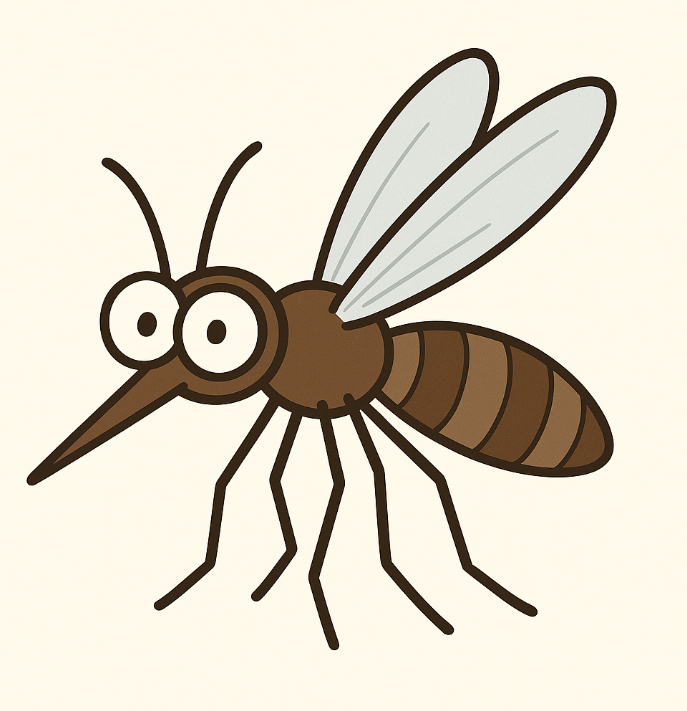
A Single Genetic Tweak Stops Mosquitoes from Spreading Malaria
The global public health community is abuzz with the latest breakthrough in the fight against malaria—a genetic modification that could potentially suppress the disease’s transmission. Researchers have engineered mosquitoes with a single tweak that makes them resistant to malaria infections, thus preventing the spread of this deadly disease.
Malaria has been a scourge for centuries, impacting nations across continents and affecting millions of individuals annually. This latest development marks a significant milestone in the efforts to eradicate malaria, opening new avenues for research and implementation in affected regions.
The Promise of Genetic Engineering
The development revolves around a particular protein in the mosquitoes. By swapping out just one amino acid, the mosquitoes’ resistance to malaria was significantly enhanced. This discovery is not only promising due to its potential impact on public health but also because it showcases the power of precision genetic engineering in tackling infectious diseases.
This breakthrough was reported in a collaborative study that synthesized efforts from various expert groups, showing that a single genetic alteration could have wide-ranging effects in disease prevention strategies.
Impact on Global Health
The implications of this genetic advancement are monumental for global health. Malaria is responsible for hundreds of thousands of deaths each year, with children in Africa among the most affected. This genetically modified mosquito can help reduce transmission rates significantly, reviving efforts towards achieving malaria eradication.
Challenges Ahead
While the discovery is groundbreaking, it comes with its own challenges. Releasing genetically modified mosquitoes into ecosystems raises concerns about environmental impacts and long-term feasibility. Ethical considerations around genetic modifications in living organisms must also be addressed.
- Robust protocols for the safe introduction of these mosquitoes into the environment.
- Continuous monitoring to assess both the ecological balance and the mosquitoes’ effectiveness over time.
- Ensuring the benefits outweigh potential risks before widespread adoption.
Future Prospects
The road towards malaria eradication is still long, but with technology like CRISPR at the forefront, new methods continue to emerge, hinting at a malaria-free world. Partnerships between governments, non-profit organizations, and biotech companies will be crucial in implementing this technology effectively and ethically.
The current breakthrough offers hope and proves that innovative science has the power to drive change in longstanding global health issues.



